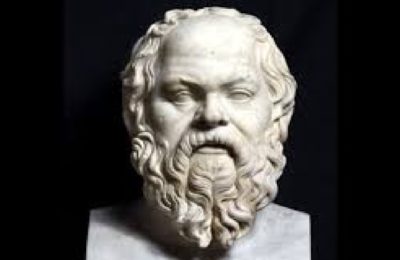We intend Care as the Latin ‘cura’ (cura sui) and not as ‘sollicitudo’.
The notion of CARE stands at the very root of our philosophy whose main concern is the <care of self>. Therefore, this virtue sums up the solicitudes we need in order to change ourselves. In particular, it refers to the correction of the superficial and confusing attitudes we usually employ towards reality.
CARE means attention, awareness, vigilance and regard. So, it is a quality very close to SCRUPULOUSNESS. In fact, CARE itself is one of the basic components of the latter (CARE is evidently indispensable in all scrupulous actions).

As opposed to various other attributions which prove difficult to teach or learn, CARE is part of a philosophical TRAINING. Indeed, step by step, any individual can understand how to enhance his CARE for things, actions, animals or people. In this respect, any example coming from a reliable GUIDANCE could be extremely helpful.
The philosophy whose basis is the concept of CARE differs from many ethical models, such as consequentialist theories (e.g. utilitarianism) and deontological theories (e.g. Kantian ethics). In fact, we wish to include virtues and values which are absent in such traditional models of ethics. One of these values is the ranking of CARE more than logic and reason. Of couse, this does not mean that CARE ignore logic and reason. As a matter of fact, our idea is that rational traits are subservient to natural care, that is CARE out of inclination. As far as we know, the notion of CARE contrasts with deontology where actions taken out of inclination are unethical.
This is Sokratiko’s way to interpret the notion of CARE. Please continue to browse our list of philosophical TOPICS by clicking on the other entries of our list.
